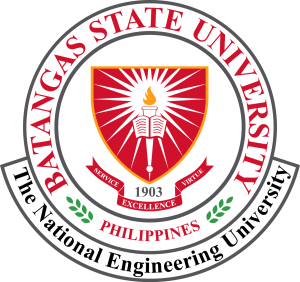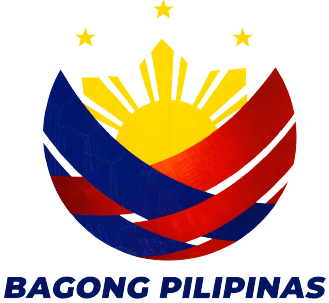Team CH4GEN1, composed of BS Chemical Engineering students from Batangas State University, The National Engineering University (BatStateU The NEU), proudly raised the Philippine flag as they bagged multiple awards at the prestigious 2025 American Association of Petroleum Geologists (AAPG) Sustainable Development in Energy Competition (SDEC), held virtually in Tulsa, Oklahoma, USA on June 19. This historic victory marks the Philippines’ first-ever win in the competition, a significant milestone for both BatStateU The NEU, and the country. The winning team’s innovation, the Modular & Mobile Food Waste Digester for Biomethane and Biofertilizer Generation, clinched the 1st Place Grand Prize and secured a $5,000 award.
The 2025 SDEC, which launched on January 30, drew 38 proposals from across the globe, with 10 finalists selected from countries including Colombia, Mexico, Malawi, India, Indonesia, and the Philippines. The competition culminated in a 10-week Venture Lab program, where finalists received coaching, collaborated with industry experts, and refined their innovative ideas. The journey led to the final pitch presentations held on June 19, 2025, where Team CH4GEN1 dominated, sweeping the awards with the Top Place Proposal Award, Precision Partner Award, and Voice of the Lab Award. Team CH4GEN1 triumphed in the competition, surpassing other exceptional teams, including Juan David Palma Montealegre from Colombia, who secured 2nd place with his project on ‘Eggshells for Sustainable Mining,’ and Team Energon from India, which claimed 3rd place for their work on ‘Biomass Valorization.’
Team CH4GEN1 led by MJ Rivera, Joshua Angue, Kayla De Torres, and Nessa Lane Latonio, alongside their mentor Assoc. Prof. Rhonalyn V. Maulion delivered a groundbreaking project: the mobile and modular food waste digester. This innovative system converts household and community food scraps into clean biomethane for energy and biofertilizer for agriculture, delivering environmental benefits, economic savings, and a vision for a circular future.
“This victory showcases the ingenuity and determination of our students at BatStateU and underscores the Philippines’ rising prominence in global innovation,” shared University President Dr. Tirso A. Ronquillo. “With achievements like the CH4GEN1 project, we are empowering the next generation of innovators to develop real-world solutions that drive sustainable development and make a global impact,” he added.
The AAPG SDEC attracts global talent, with proposals spanning critical energy sectors such as oil and gas, as well as renewable energy solutions like solar, wind, and biomass. Finalists’ projects this year were rigorously evaluated based on originality, sustainability, applicability, and their social and environmental impact. Hosted by the AAPG Headquarters in Oklahoma, USA, and sponsored by the AAPG Foundation and Chevron, the competition provides students and young professionals with a platform to develop ethical, innovative, and sustainable solutions for energy challenges.
Team CH4GEN1’s success will continue to inspire future innovators, as their pioneering work on the food waste digester aims to make a tangible impact on communities worldwide, offering a sustainable and efficient method for waste-to-energy conversion.
Batangas State University, designated as the Philippines’ National Engineering University through Republic Act No. 11694, is widely recognized for its excellence in engineering education. A Level-IV state university, it has produced over 180 engineering board topnotchers, solidifying its reputation as the country’s largest engineering university. Notably, BatStateU is also a pioneer in quality assurance for engineering education. It is the first state university in the Philippines to have engineering programs accredited by the Philippine Technological Council through its Accreditation and Certification Board for Engineering and Technology (PTC-ACBET). Moreover, it remains the first—and to date, the only—state university in the country with engineering and computing programs accredited by the US-based Accreditation Board for Engineering and Technology (ABET) through both its Engineering Accreditation Commission (EAC) and Computing Accreditation Commission (CAC).
BatStateU has earned global recognition for its commitment to sustainability. In the 2025 Times Higher Education (THE) Impact Rankings, the University ranked between 401-600 globally, reinforcing its leadership in addressing the United Nations’ Sustainable Development Goals (SDGs). Additionally, BatStateU was ranked as the 304th Most Sustainable University in the 2024 UI GreenMetric World University Rankings and recognized as the 128th Most Innovative University in the 2024 World University Rankings for Innovation (WURI).
For more information about the competition, you can visit this link.




